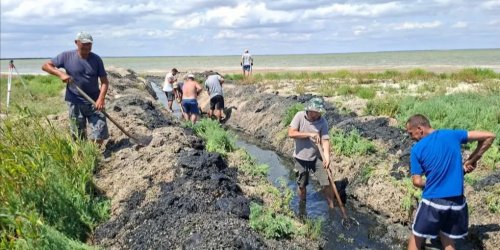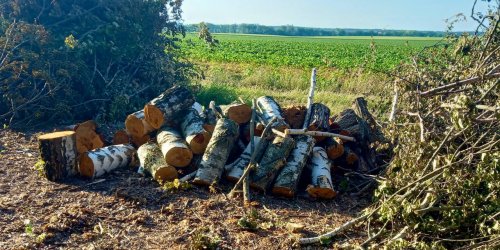The environmental impact assessment (EIA) procedure needs to be rebooted, as it has become a bureaucratic barrier for business and a formality for the state.
This opinion was expressed by Lyudmyla Tsyhanok, President of the PAEW Association of Environmental Professionals, on her Facebook page.
She emphasized that after the adoption of the Law of Ukraine “On Environmental Impact Assessment” 8 years ago, the EIA procedure has not become an effective tool for environmental protection, but only creates unnecessary obstacles to economic activity. An expert commission has not yet been established, as required by law.
According to the PAEW president, businesses are losing millions because investors do not understand the status of projects without clear procedures.
“Requirements for companies are often unreasonable, excessive, or absurd, such as monitoring of facilities outside the impact zone or requiring archeological excavations without any grounds,” she said.
Lyudmyla Tsyhanok emphasized that the war does not eliminate environmental risks, but only increases the need for effective, transparent and fair procedures. According to the expert, the EIA procedure currently does not fulfill its functions: it does not reduce pollution, does not guarantee environmental safety, and does not stimulate development. In addition, it “scares away investors and creates artificial obstacles.”
Therefore, the Association of Environmental Professionals PAEW demands a reboot of this procedure, which include
- screening for the second group of activities, as in the EU;
- unified criteria for reports and decisions;
- real expert commissions instead of “judge and prosecutor in one person”;
- a real dialog between the state, business and society.
The EBA also presented the study “EIA-2025: Reasons for Refusals and Regional Trends”. According to the findings, the number of EIA cases in Ukraine is increasing and the quality of the procedure itself is improving. However, 9% of the received refusals to issue conclusions is still a high rate.
According to the authors of the study, most of the refusals could have been avoided if the research at the EIA stage had been more thorough and the assessment of the impact on each of the environmental components had been better.
The action plan for implementing the European Commission's recommendations, which was approved by the Cabinet of Ministers of Ukraine for this year, includes the implementation of cross-cutting horizontal environmental legislation, including environmental impact assessment and strategic environmental assessment (SEA).
Last year, the head of the State Agency of Forest Resources, Viktor Smal, emphasized that the EIA procedure for the forestry industry is inefficient and expensive, and does not allow for timber to be harvested quickly in areas damaged by wind or fire.





